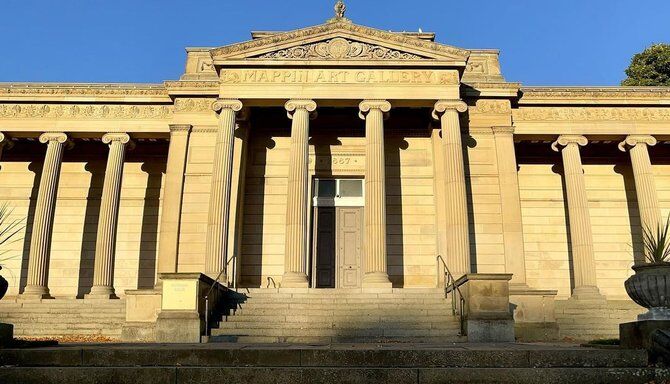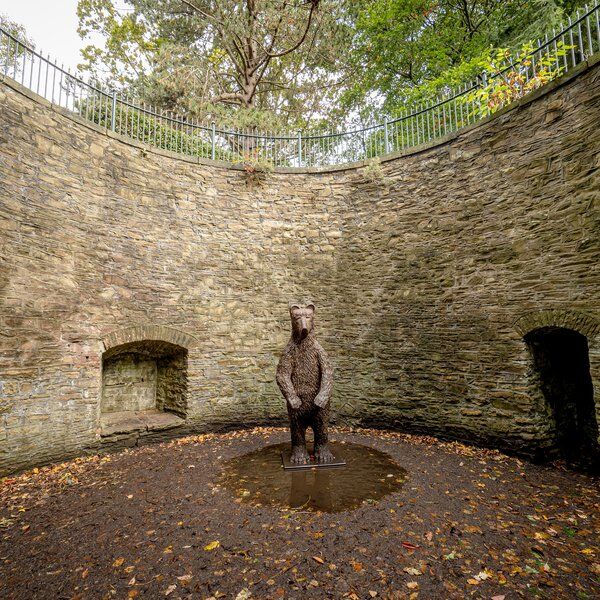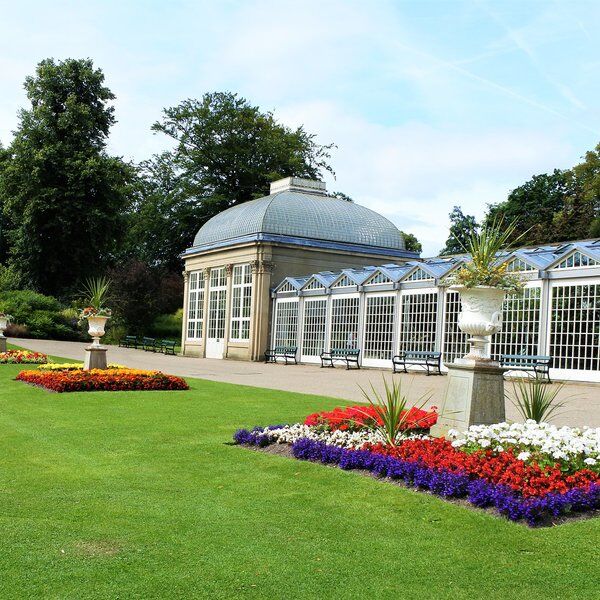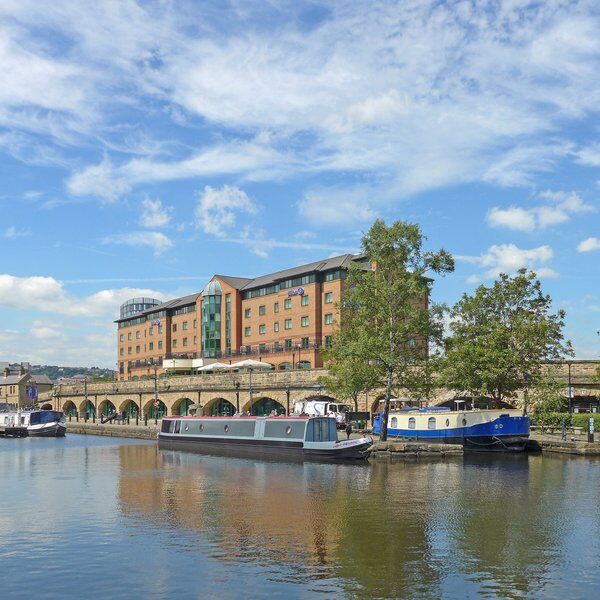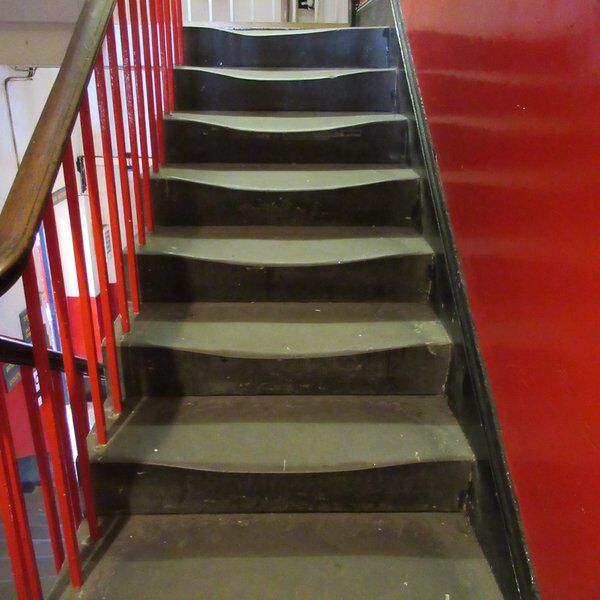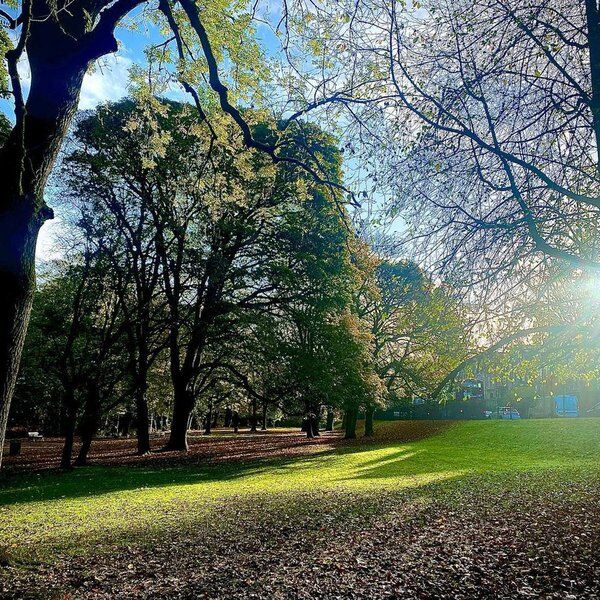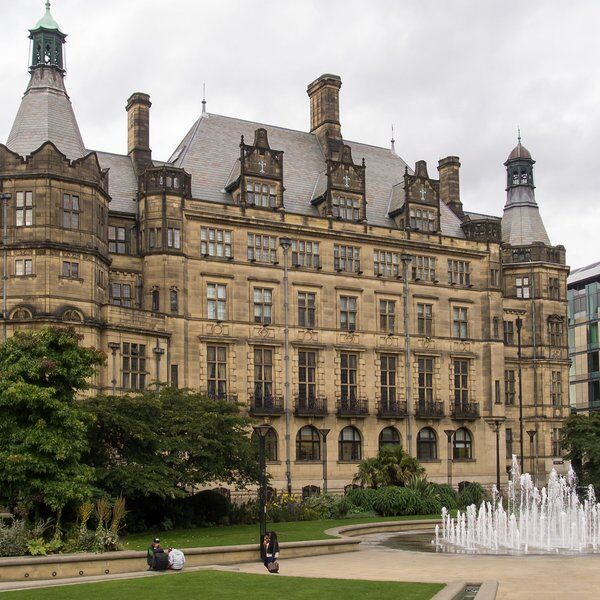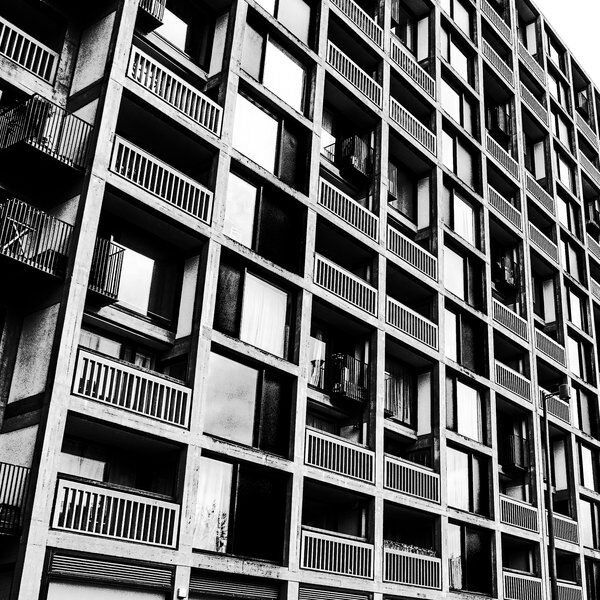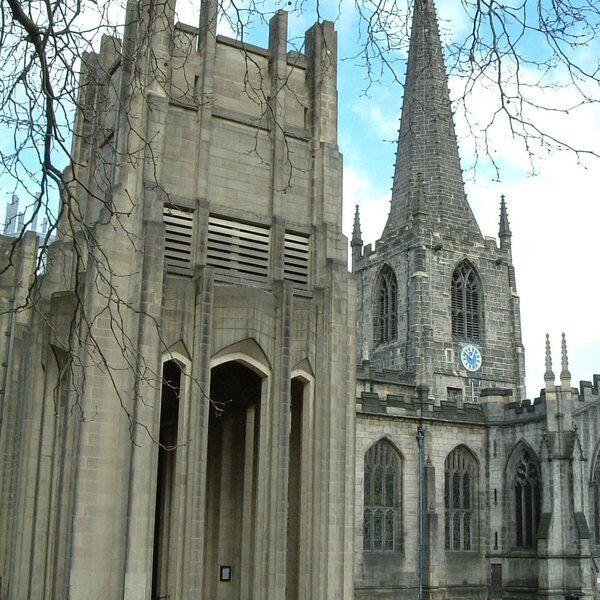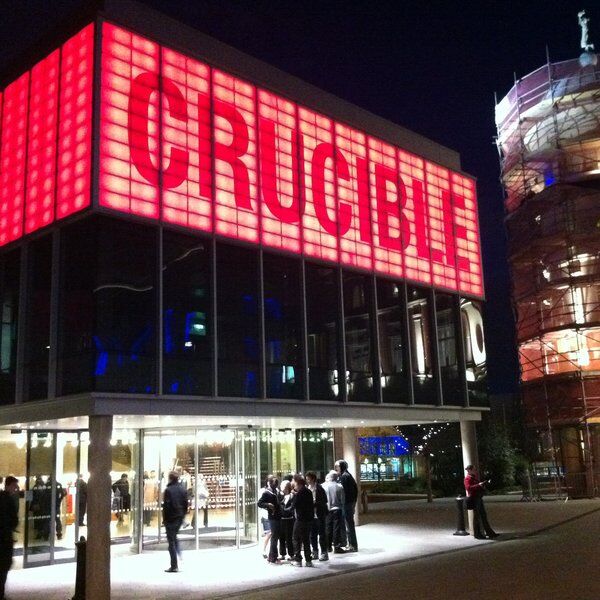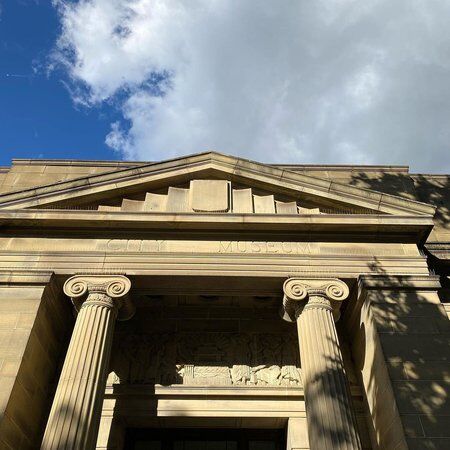
The Origins of Weston Park Museum
The Weston Park Museum was opened to the public on 6th September 1875. But the building itself was much different to the one that stands there today.
Under ownership of the Harrison family from around 1780, the Museum was built as their private home in 1795. The house was known as Weston Hall and today’s Park formed the surrounding estate.
Upon the demise of the last remaining family member, Eliza Harrison, Weston Hall and its grounds were bought by Sheffield council in 1873. From here the land was transformed by Robert Marnock into Sheffield’s first public park and the Hall – redesigned by architect E M Gibbs – became Sheffield’s first public museum.
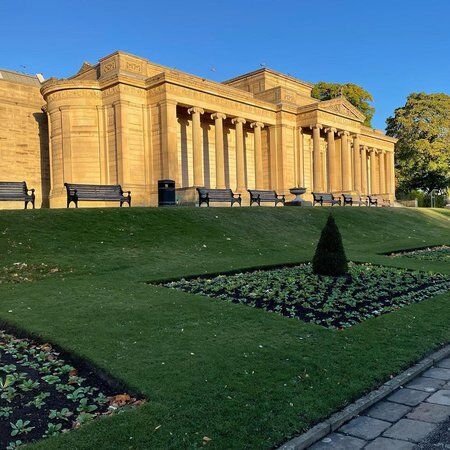
Weston Park Museum: Funded by Generosity
As part of the building’s transformation into a museum, two long galleries were added to the back of the house, and a balcony and small office were added to the roof.
Under the guidance of Elijah Howarth, the curator, the Weston Park Museum acquired many nationally important artefacts and so the collections began to take shape.
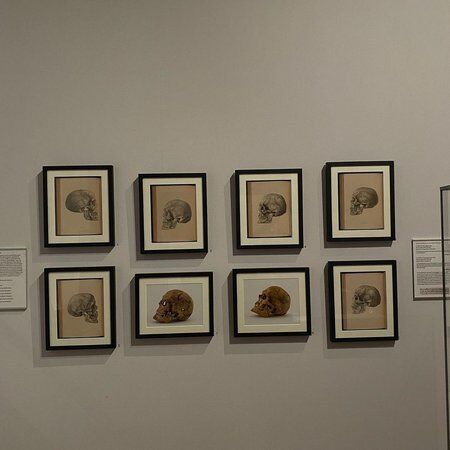
There were natural history, geology, and archaeology displays donated in 1874 by the Sheffield Literary and Philosophical Society; collections of art linked to Sheffield’s world-famous metalwork and manufacturing industries; and financial donations and loans poured in from local benefactors and institutions like the South Kensington Museum.
In 1883, a local, wealthy brewer left £15,000 (and his wonderful collection of oil paintings) to the Museum, when he died. The brewer, John Newton Mappin, had one condition: a public art gallery was to be established at Weston Park Museum.
Weston Park Museum: A Transformation
Upon Mappin’s request, the Mappin Art Gallery, designed by Flockton & Gibbs in a neo-classical style, was opened in July 1887. However, now there was a significant difference, architecturally, between the Museum and the Art Gallery.
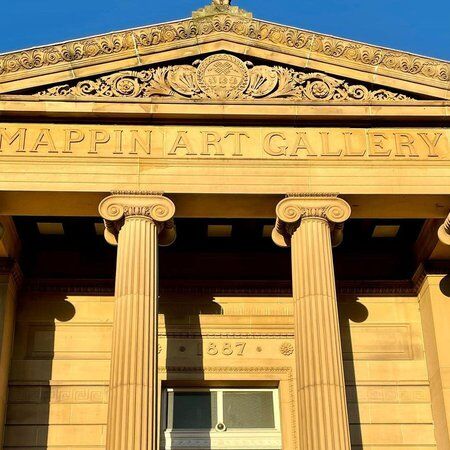
To solve this difference, plans were drawn up in 1899 to add extensions onto the Museum, North and South of the Mappin Art Gallery. Unfortunately, the plans were too costly, and it wasn’t until 1934 – when J G Graves, a local businessman, made a large contribution – that they became a reality.
Weston Hall was subsequently demolished and a new building – Sheffield City Museum and Mappin Art Gallery – was opened on the site in 1937.
Weston Park Museum during World War Two
In December 1940, during the Sheffield Blitz, the new Museum and Art Gallery sustained drastic damage when a bomb exploded closeby.
Three of the Mappin’s six galleries were turned to rubble and the shockwave sent a ripple of destruction throughout the rest of the Museum, destroying countless artefacts and shattering almost every window.
The Mapping Art Gallery remained this way until the 1960s. But the Museum’s foundation and structure was inspected and deemed safe in 1941, so it was allowed to reopen.
Rebuilding the Mappin Art Gallery
Eventually, funding was provided to restore the Mappin Art Gallery to its former glory. In 1965, Sheffield City Council architects led by J L Womersley, erected a single modern gallery to replace the three previous galleries.
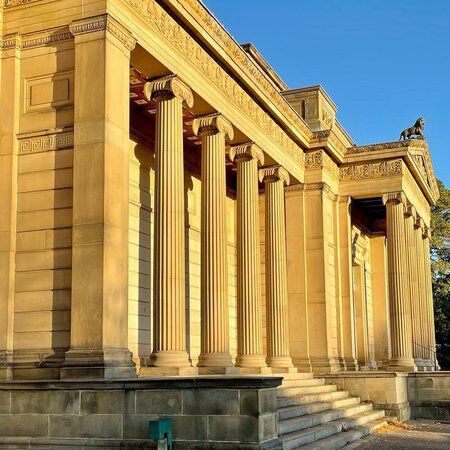
Sporadic restorations and refurbishments occurred throughout the 1970s and 1980s. But by 2003, Sheffield City Museum and Mappin Art Gallery had fallen into a sad and sorry state of disrepair.
Renovations at the Weston Park Museum
The tragic state of the Museum and Art Gallery sparked a major refurbishment project led by Museums Sheffield, who manage the site today. The £19 million restoration combined the two separate entities into one. When it reopened in 2006 its name was once more, the Weston Park Museum.
Further improvements have taken place over the years. In 2016, the Heritage Lottery Fund supported a development programme to improve the art galleries and archaeological collections.
Following this, two new galleries were created in 2020. One tells the tales of those who live in Sheffield, much like M Shed’s exhibit in Bristol. And the other is a collection of the city’s Ancient Egyptian treasures.
The Park itself has also undergone renovations to return it to its original grandeur.
What is there to see at the Weston Park Museum?
Weston Park Museum is home to a diverse collection of stunning and unusual delights scattered throughout both permanent and temporary exhibits.
Visit the Beneath Your Feet gallery to unearth ancient artefacts. Explore Sheffield’s changing wildlife and environment in What On Earth. And discover the stories of those who shaped the city and how life in Sheffield has changed over time, in Sheffield Stories and Sheffield Life & Times.
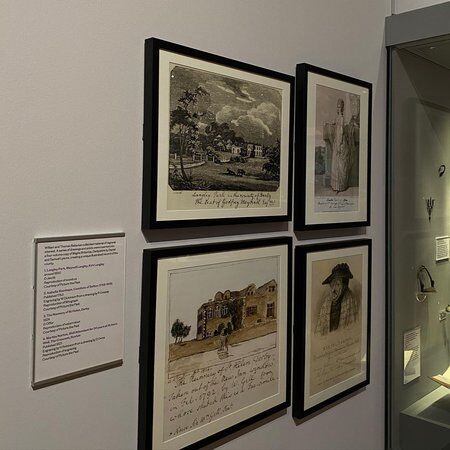
Alongside the aforementioned archaeological treasures there are also a couple of animal favourites; Spike the Woolly Rhino and Snowy the Polar Bear and in the Picturing Sheffield Gallery, vibrant artworks by Pete McKee, Jo Peel, Stanley Royle, Joe Scarborough, and Emilie Taylor, hang proudly.
P.S. On your way out, don’t forget to pick up a delicious coffee from the Museum’s Cafe; Ambulo.
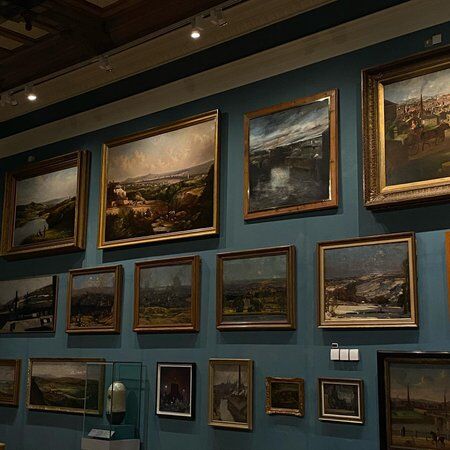
Interested in finding more places like this? Try one of our Sheffield Treasure Hunts - untangle cryptic clues as a team, as you are taken on a journey to the most unique, unusual and bizarre corners of England.
